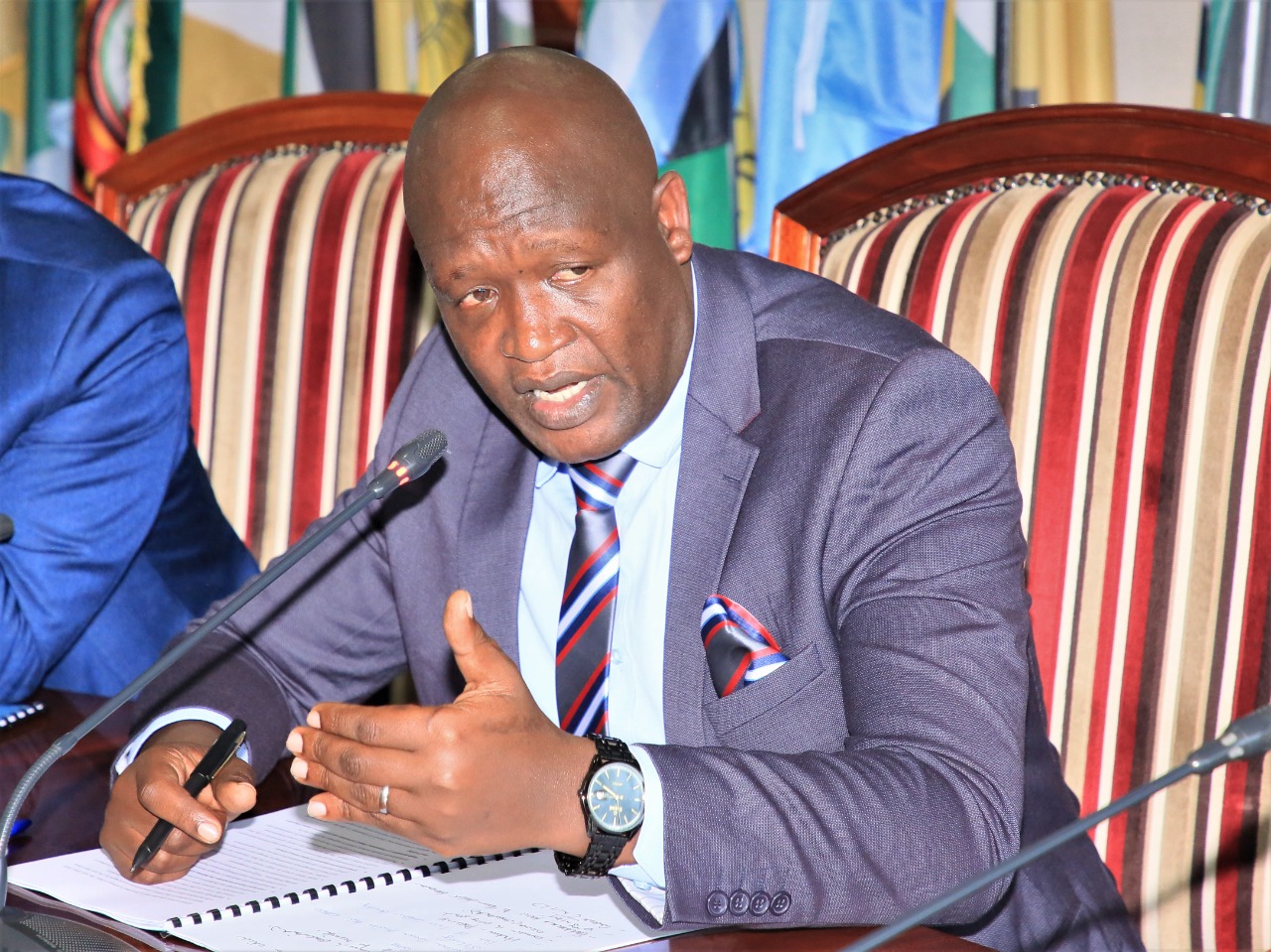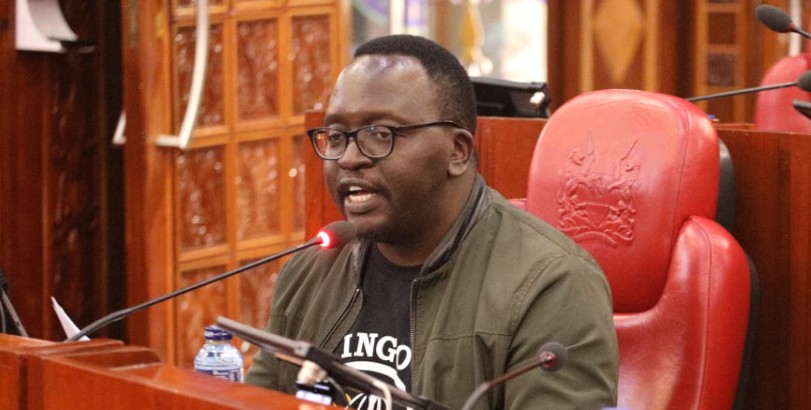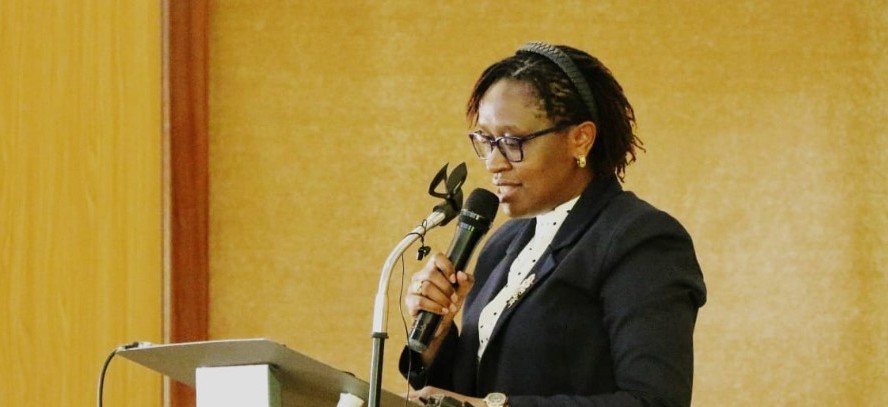Governors vow to continue providing bursaries despite budget advisory

The advisory has sparked concerns over its potential to disrupt the education of thousands of learners who rely on county government support.
The Council of Governors (CoG) has vowed to continue providing bursaries and scholarships to students despite a controversial advisory from the Office of the Controller of Budget (OCOB).
The advisory, issued in the middle of the financial year and at the start of the school term, has sparked concerns over its potential to disrupt the education of thousands of learners who rely on county government support.
More To Read
- Three-judge bench to hear petition seeking to bar counties from issuing bursaries
- KUPPET proposes overhaul of funding, abolition of bursaries in fresh push for fully free public education system
- Governors reject audit of bursary funds in six counties
- NG-CDF slashed by Sh12 billion in supplementary budget, raising concerns over projects, bursaries
- National Assembly forms 17-member committee to review, unify education funds
- Bursary approvals stall as Controller of Budget seeks court clarity
Speaking after a joint meeting of the Education and Legal Committees on Monday, CoG Education Chairperson Eric Mutai condemned the timing of the circular.
"This advisory jeopardises the future of thousands of students who depend on county governments for educational support," he stated, adding that counties must uphold the constitutional right to education.
The governors argued that there is no functional conflict between county and national governments regarding supporting education.
According to the Fourth Schedule of the Constitution, the national government is responsible for paying teachers, providing learning materials, and developing the curriculum.
The CoG insisted that paying school fees or issuing bursaries is not explicitly the responsibility of either level of government, but counties have stepped in to fill the gap where the national government has not fully implemented free and compulsory basic education.
To safeguard students' access to education, the CoG announced plans to work with the Ministry of Education to ensure no student supported by county governments is forced to drop out.
At the same time, the Council plans to legally challenge the advisory, which they claim interferes with budgets that were legally passed by county assemblies following public participation.
Quoting Article 6(2) of the Constitution, the governors stressed the importance of consultation and cooperation between the two levels of government.
Engage Presidency
Governor Mutai revealed that the Chair of the Council of Governors would engage the Presidency to address this matter and initiate discussions on other county functions being managed by the national government.
In addition, the governors resolved to develop a unified framework for managing scholarships and bursaries to ensure transparency and fairness.
They noted that setting minimum standards for these programmes would ensure the most vulnerable students benefit while demonstrating the impact of the counties' investment in their communities.
"We will not allow bureaucratic barriers to hinder our investment in the future of our communities," Mutai concluded, reaffirming the CoG's commitment to prioritising education.
The CoG through its Chairperson Wajir Governor Ahmed Abdullahi on Friday criticised a recent circular from the Controller of Budget and a statement by the Intergovernmental Relations Technical Committee (IGRTC), calling them misleading and divisive.
Legislative gap
The Controller of Budget had suggested that counties were undertaking a national government function by providing bursaries, while IGRTC acknowledged a legislative gap regarding the administration of bursaries and scholarships.
However, the CoG stated that county bursary programmes align with the Constitution's social protection mandate.
"Article 43 of the Constitution guarantees every person the right to education and obligates both levels of government to provide social protection to those unable to support themselves," Abdullahi said.
"The argument that bursaries are an exclusive function of the national government is not constitutionally founded," he added.
The governors noted that the Constitution does not explicitly assign bursary management to either the national or county governments.
They argued that the provision of bursaries addresses vulnerable groups' needs and upholds the principles of social protection.
"The principles of social protection require that we restore the dignity of beneficiaries, not leave them more vulnerable. What will happen to the many students who depend on these bursaries if this support is withdrawn?" Abdullahi posed.
Top Stories Today















































